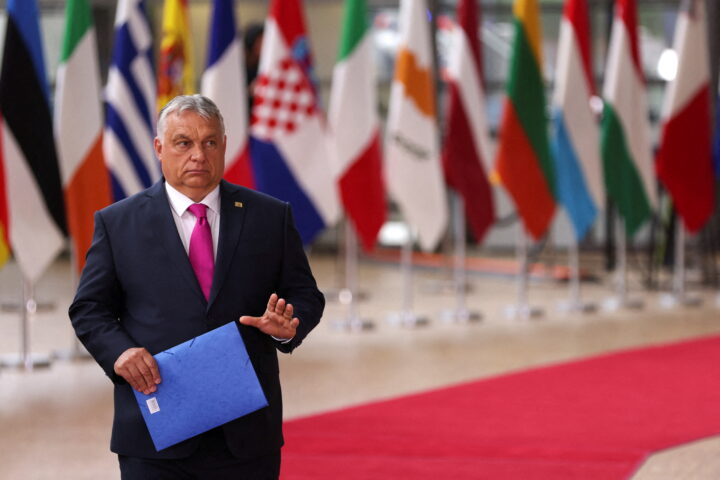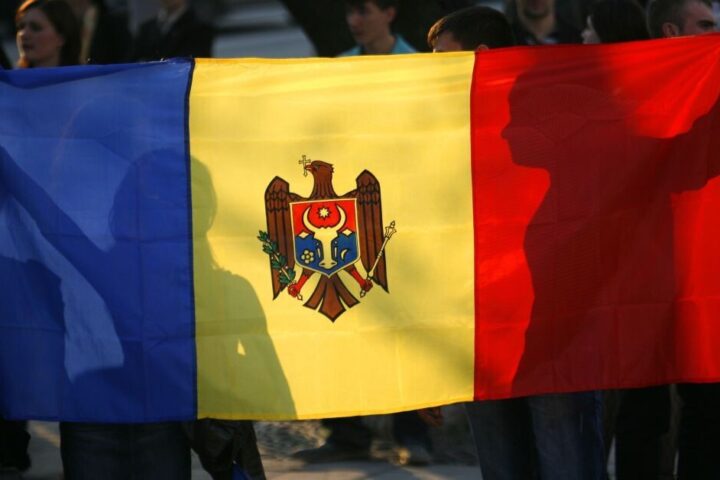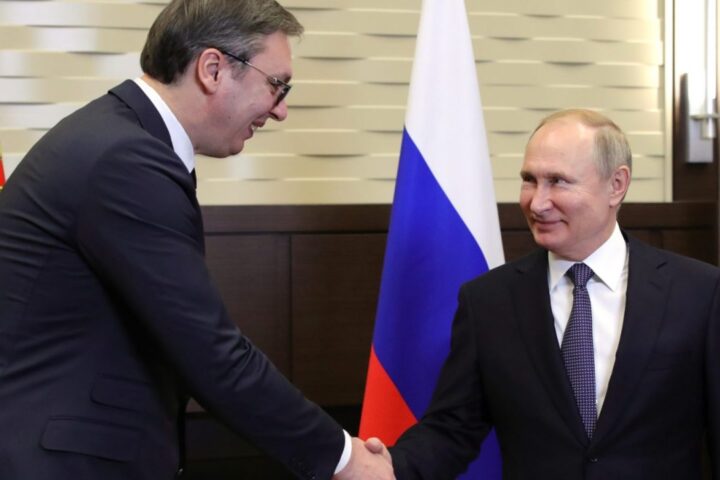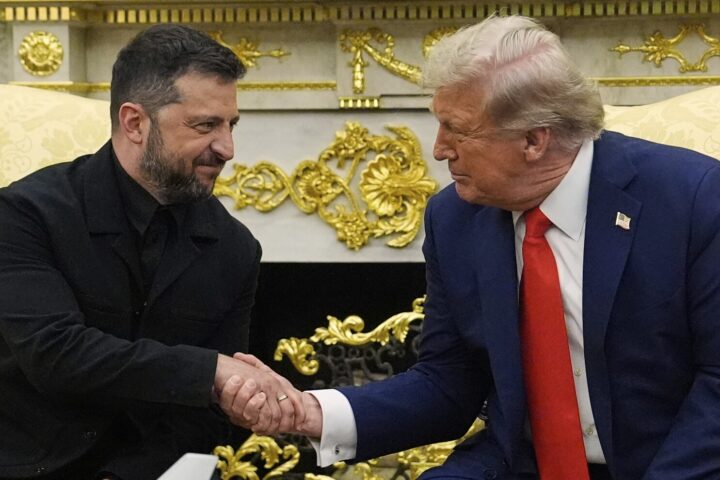Russia has intensified sabotage operations targeting critical infrastructure across Europe, according to a new report by the International Institute for Strategic Studies (IISS). Published on 20 August 2025, the study highlights that Moscow is increasingly prioritising covert sabotage and surveillance campaigns to destabilise European governments, findings that align with growing warnings from intelligence agencies and a rising number of court indictments. Details of the IISS assessment were reported by Radio Free Europe/Radio Liberty.
Escalation since the full-scale invasion of Ukraine
The surge in sabotage incidents is closely linked to Russia’s invasion of Ukraine in February 2022. In 2024 alone, European authorities recorded 33 incidents—four times higher than in 2023. While the first half of 2025 saw a decline to 11 cases, the trend underscores a sustained pattern of hybrid aggression. Operations have included arson, attacks on undersea communication cables, GPS jamming, and cyber intrusions targeting sensitive computer systems. Strategic assets connected to Europe’s support for Ukraine remain a key focus of Russian activity.
High-profile sabotage cases
European security services have documented a series of incidents tied to Russian operatives or their proxies. In Poland, warehouses and industrial facilities were deliberately set on fire in 2024. German authorities arrested two individuals planning attacks against US military bases in June 2024, aimed at disrupting weapons deliveries to Ukraine. Later that year, undersea communication cables in the Baltic Sea were damaged, including links between Sweden and Lithuania, Germany and Finland, and subsequently Finland and Estonia. In May 2025, two suspects were arrested in the UK over arson attacks connected to property associated with Prime Minister Keir Starmer.
Exploiting legal loopholes and foreign recruits
The IISS report stresses that Russia has adapted its tactics by exploiting gaps in European legal systems. Following the expulsion of hundreds of intelligence officers from European capitals after 2022, Russian agencies increasingly rely on online recruitment of third-country nationals. This approach allows Moscow to conceal direct involvement while complicating counterintelligence efforts and judicial proceedings. Analysts warn that the use of proxies also forms part of a broader information campaign designed to discredit Ukrainian refugees and erode public support for Kyiv.
European vulnerabilities and NATO concerns
Despite repeated warnings, many European governments have underinvested in safeguarding critical infrastructure. Energy networks, transport hubs and communications systems remain vulnerable, exposing economies to significant losses and undermining public trust in state institutions. The IISS notes that some NATO members now view Russia’s unconventional operations as long-term preparations for potential armed conflict with the Alliance. The Kremlin’s strategy, experts say, seeks not only to damage physical assets but also to create panic, weaken European unity and erode military assistance to Ukraine.












